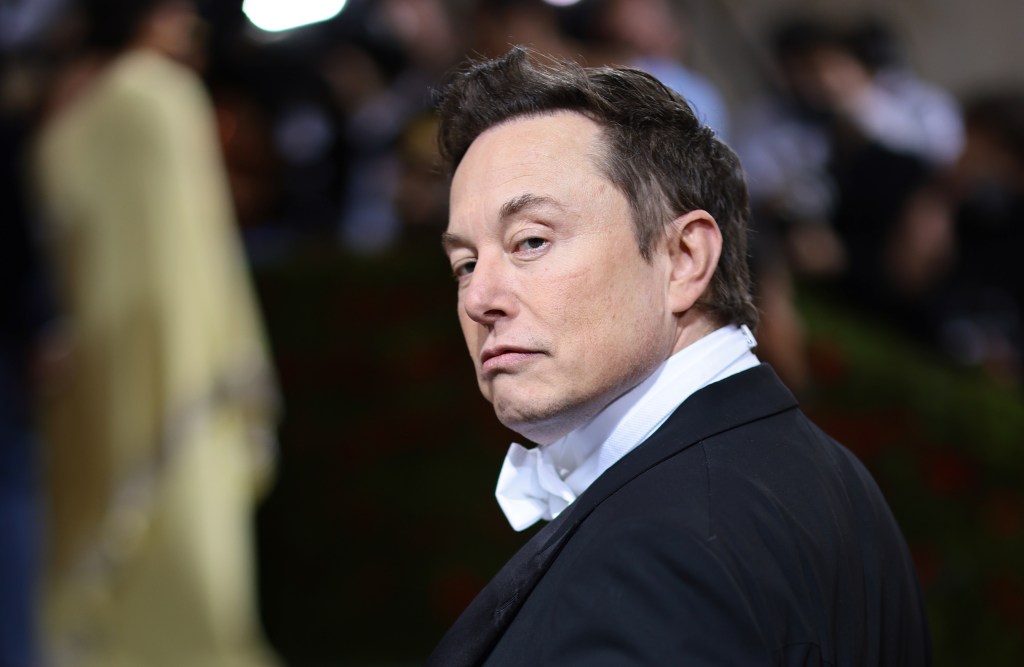Elon Musk has backed Germany’s far-right Different für Deutschland (AfD) in a submit on X.
Because the X proprietor delves deeper into the world of politics by the day, he tweeted final evening saying “Solely the AfD can save Germany.”
Musk was quote tweeting a submit and video from a younger German YouTuber with 300,000 followers who had criticized Friedrich Merz, the person who could possibly be the subsequent chancellor of Germany with its parliament dissolved this week following a no confidence vote. Her submit mentioned Merz is “horrified by the concept that Germany ought to comply with Elon Musk’s and [Argentina President] Javier Milei’s instance,” including: “He staunchly rejects a pro-freedom strategy and refuses any dialogue with the AfD.”
The AfD is a far-right and populist German occasion that has steadily been making electoral good points over the previous few years, inflicting alarm each inside Germany and internationally. The occasion is sure collectively by opposition to immigration and anti-Islam sentiment, and has been categorized as a “suspected extremist occasion” by the German judiciary. It’s anticipated to make good points on the subsequent election.
Since being handed possession of Trump’s new Division of Authorities Effectivity (DOGE), Musk has been extra vocal in politics. Earlier this week, Nigel Farage, the chief of the right-wing Reform UK occasion, posted a photograph with Musk at Trump’s Mar-a-Lago property.
Within the U.S., Musk and Trump had been vehemently against a finance invoice that acquired rejected earlier this week, which Musk had described as “felony” and mentioned any lawmaker “who votes for this outrageous spending invoice deserves to be voted out in 2 years.”
An amended model of that invoice, which Trump backed, was rejected by the U.S. Home of Representatives final evening. This might result in a authorities shutdown if a deal can’t be struck over the subsequent 24 hours. The alternative invoice, permitted by the subsequent POTUS, would have tied authorities funding to a two-year suspension of the federal debt restrict, which determines how a lot the federal government can borrow to pay its payments.
